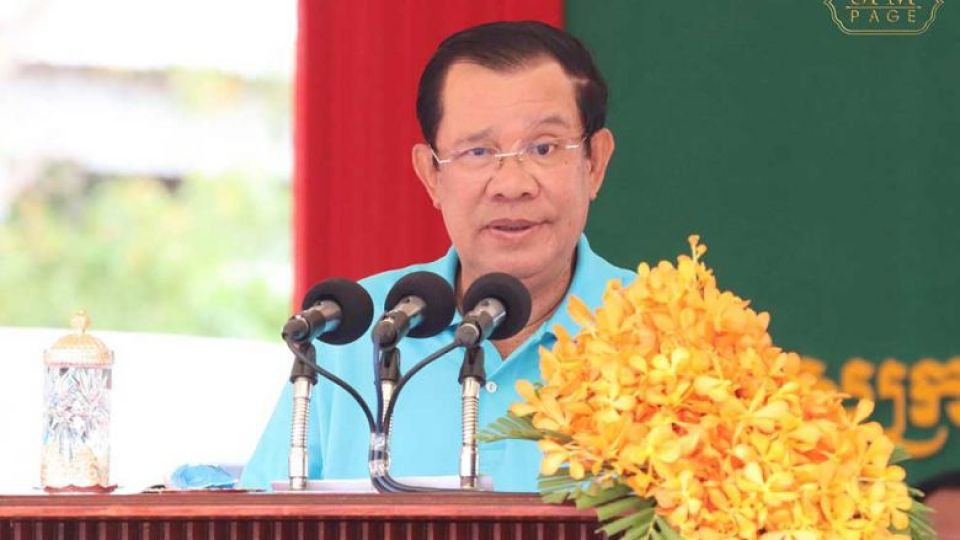July 6, 2022
PHNOM PENH – Prime Minister Hun Sen on July 3 celebrated the 71st anniversary of Cambodia becoming a member of UNESCO, with three temple sites in the Kingdom currently featuring on the UN agency’s World Heritage List.
Hun Sen noted in a statement that UNESCO mainly focuses on the promotion of education, science and the humanities. The organisation was founded on November 16, 1945 with a mission to help maintain peace and security by promoting cooperation between the nations of the world via cultural exchanges.
“[Cambodia] became a member of UNESCO on July 3, 1951, and the UNESCO Office [in Phnom Penh] was reopened in 1991,” said the statement, posted on the premier’s official Facebook page on July 3.
The office was closed down in 1975 due to the internal political situation, and UNESCO operations were suspended nationwide.
The statement added: “Since 2019, UNESCO in Cambodia has worked under the United Nations Development Assistance Framework [UNDAF] to support education, the environment, international relations and cultural heritage exchanges, freedom of expression and advances in the natural sciences to serve as a means to achieve the 2030 development agenda.”
The premier pointed out that the International Coordinating Committee for the Safeguarding and Development of the Historic Site of Angkor (ICC-Angkor) was founded in 1993, under the terms set by the National Committee for World Heritage, following Angkor Archaeological Park’s addition to the UNESCO World Heritage List on December 14, 1992.
UNESCO added the Preah Vihear and Sambor Prei Kuk temple sites to the list in 2008 and 2017 respectively, Hun Sen added.
He continued that five Cambodian intangible cultural heritage traditions or practices have been put on the World Heritage List: Khmer masked theatre Lakhon khol in 2018; the chapei dong veng stringed musical instrument in 2016; tug-of-war rituals and games in 2015; Royal Ballet in 2008; and “sbek thom” shadow theatre in 2008.
Cambodia has also applied for the inclusion of traditional martial art bokator on the UNESCO Intangible Cultural Heritage List.
“The reopening of the UNESCO office in Phnom Penh in 1991 began an era of strengthened cooperation between Cambodia and UNESCO,” the UN agency said on its website.


